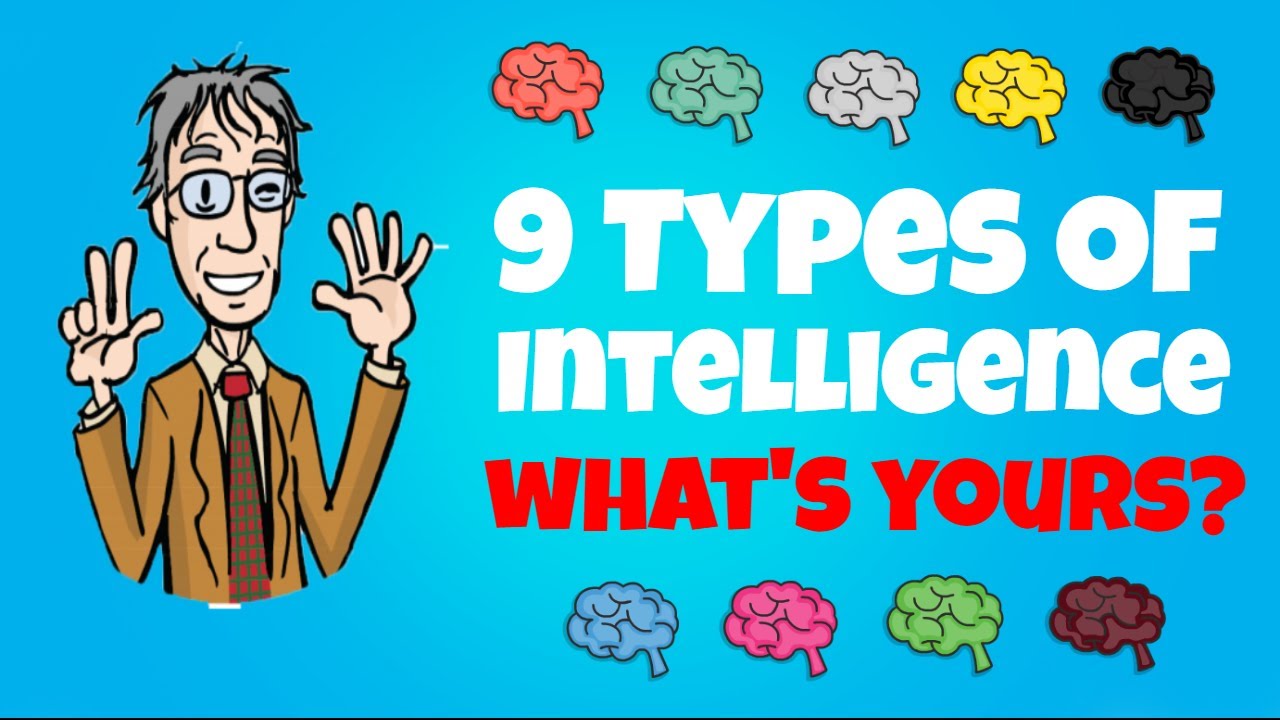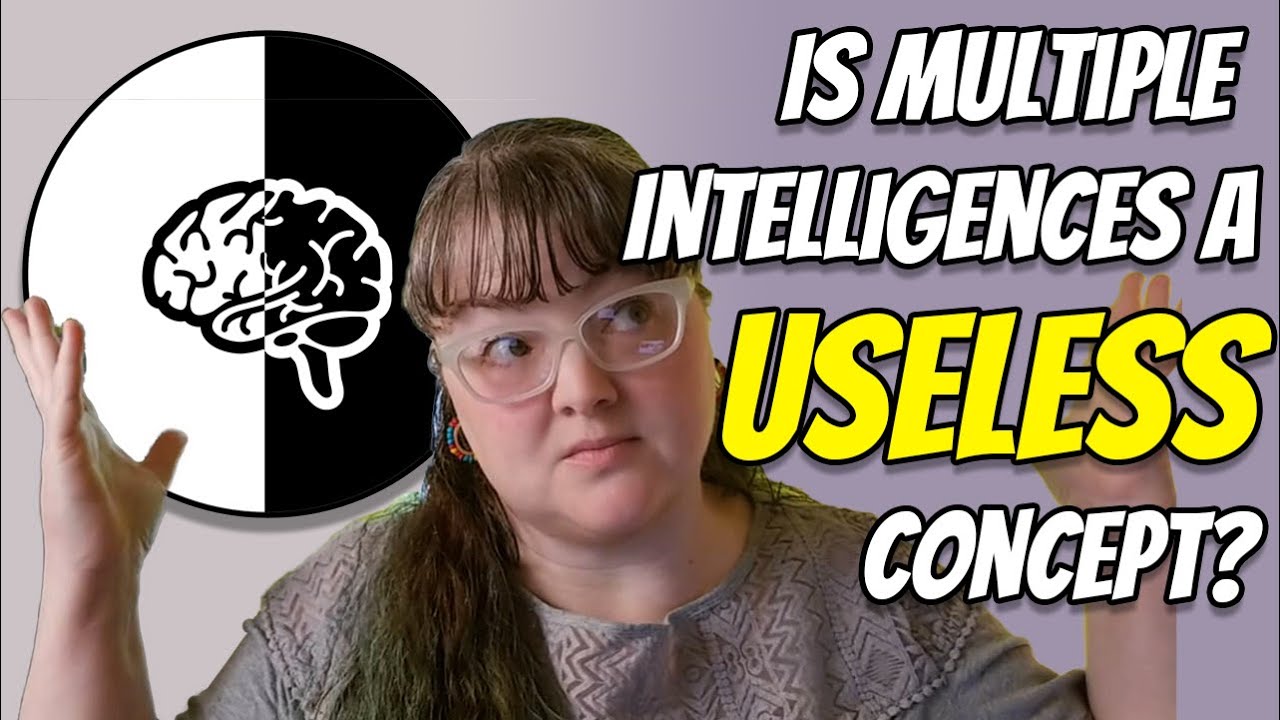Multiple Intelligences (Gardner)
Howard Gardner's theory of multiple intelligences proposes that there are several different types of intelligence, rather than just one, and that each person has a unique combination of these intelligence. According to Gardner, the nine different types of intelligence are:
- Linguistic intelligence: the ability to use language effectively and to understand and produce written and spoken texts.
- Logical-mathematical intelligence: the ability to think logically and to solve problems using math.
- Spatial intelligence: the ability to think in terms of space and to manipulate objects and images in your mind.
- Bodily-kinesthetic intelligence: the ability to use your body effectively, such as in sports or dance.
- Musical intelligence: the ability to understand and produce music.
- Interpersonal intelligence: the ability to understand and interact effectively with other people.
- Intrapersonal intelligence: the ability to understand and reflect upon your feelings and emotions.
- Naturalistic intelligence: the ability to understand and appreciate the natural world.
- Existential intelligence: the ability to think about and question the meaning of life and the universe.
Gardner's theory suggests that people have different strengths and weaknesses in these different areas of intelligence and that traditional education systems often only focus on linguistic and logical-mathematical intelligences.
Criticisms
One criticism is that Gardner's theory lacks empirical evidence. Despite its widespread acceptance, research has not yet conclusively proven the existence of multiple intelligences. Critics argue that the theory relies heavily on personal observations rather than robust empirical data, making it more subjective.
Another critique is that the theory is broad and vague. The categories of intelligence proposed by Gardner overlap and are difficult to define and measure individually. Some intelligence, such as "naturalistic intelligence," is seen by some as talents or interests rather than actual intelligence, raising questions about the clarity and distinctiveness of the theory's constructs.
Additionally, the theory has been criticized for its potential cultural bias. Gardner's observations and formulation of intelligence were primarily based on individuals in Western societies, leading some to argue that the theory fails to account for the diverse ways intelligence is valued and manifested in different cultures.
Lastly, there are concerns about the potential misuse of Gardner's theory in education. Some educators have interpreted the theory as an endorsement to focus solely on students' strengths, neglecting the importance of addressing weaknesses and providing a well-rounded education. This approach may limit students' overall growth and development by overlooking areas that require improvement.
Overall, while Gardner's theory of multiple intelligences offers a valuable perspective on human abilities, it is important to consider these criticisms and engage in further research and discussion to refine and validate the theory.
Media Examples


Quiz Questions
- From the following list, which are examples taken from Gardner's list of intelligences:
- Linear intelligence
- Historical Intelligence
- Interpersonal intelligence
- Trivial intelligence
- Musical intelligence
- Culinary Intelligence
2. Fill in the blank: According to Howard Gardner's Theory of Multiple Intelligences, _______ intelligence involves the ability to understand and appreciate nature.
- Interpersonal
- Naturalistic
- Existential
- Linear
3. Which of the following statements is true about Gardner's Theory of Multiple Intelligences?
- Each person has a unique combination of the nine intelligences.
- Each person can only have one type of intelligence.
- Linguistic and Spatial intelligence are the most important to focus on in education.
- Traditional education systems tend to focus only on linguistic and logical-mathematical intelligences.
Additional Readings and Citation:
http://home.cc.umanitoba.ca/~seifert/EdPsy2009.pdf (pg. 68-70)
https://files.eric.ed.gov/fulltext/ED500515.pdf
This content is provided to you freely by BYU-I Books.
Access it online or download it at https://books.byui.edu/development_motivati/bQJcBMEg.



